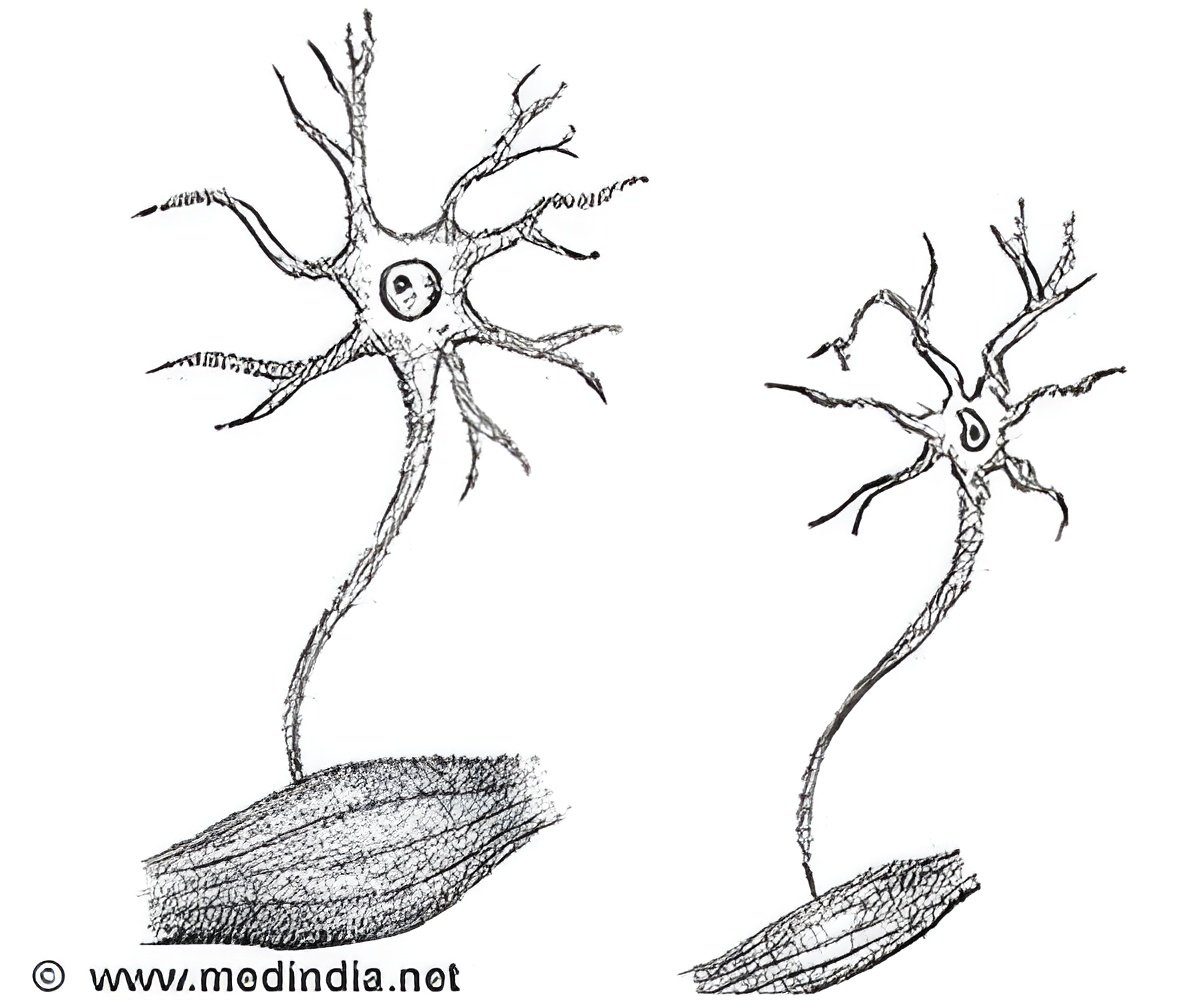
Amyotrophic lateral sclerosis or ALSALS is a progressive paralyzing disease caused by the destruction of the neurons connecting to the muscles. As a result, ALS patients gradually lose control over their muscles and eventually become completely paralyzed while their mental capacity remains intact. In spite of the enormous medical and social impacts of this grave degenerative illness, the mechanisms behind its pathogenesis remain a mystery. There is no known treatment.
Zebra fish as a modelUsing an unusual zebrafish model for ALS that these scientists developed earlier, Wim Robberecht's research team searched for genes that either worsened or improved the phenotype of the disease. In the current study, Annelies Van Hoecke and Wim Robberecht and their colleagues identified the EphA4 receptor as a genetic factor that modifies the clinical picture of ALS in zebrafish. Eliminating this receptor in zebrafish led to the disappearance of the illness, while blocking the receptor in mice resulted in a clear improvement of the animals' life expectancy. The research also showed a link in ALS patients between the expression of the EphA4 receptor and the severity of the illness. ALS patients who express the receptor in limited amounts develop the disease later and have a better life expectancy than ALS patients who produce large amounts of the receptor. They also found that EphA4 prevented neurons from recovering from damage and that the cells that were actually the most susceptible to ALS expressed high levels of the receptor.
Proof-of-concept studyThis study is very promising and proves that small model organisms such as zebrafish can be valuable tools in the search for a therapy for ALS. It also shows that molecules that are essential for the development of the nervous system can play a role in the mechanism of neurodegenerative disorders in adulthood. Finally, the results suggest that blocking EphA4 modifies the course of the disease, meaning that the receptor may be a good target for a future ALS drug. Of course, there is still a long road ahead before such a drug will be available to patients.
Source-Eurekalert








